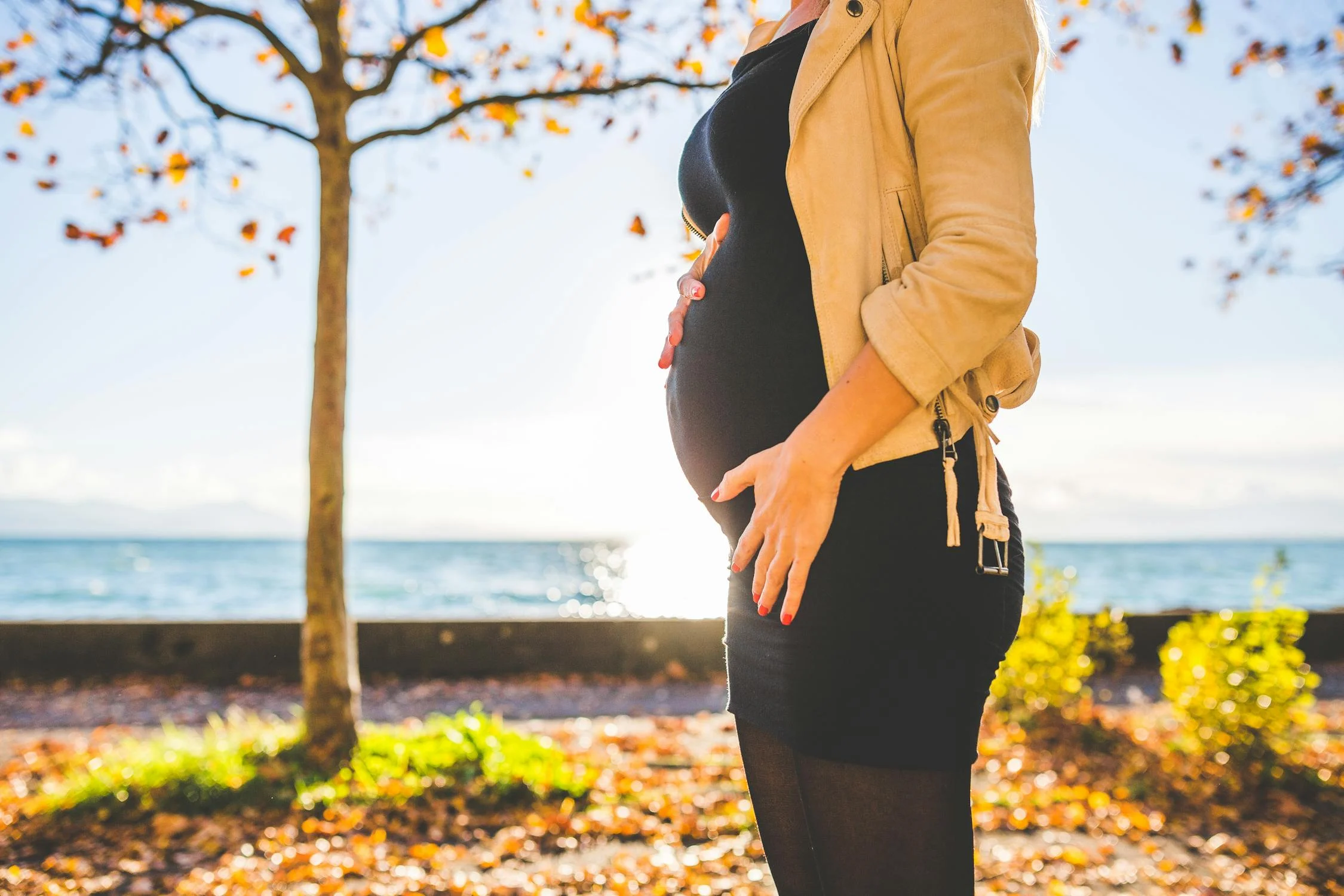
Having children is an important stage in the life of every person. It is a decision that depends on many factors, including health, emotional and financial stability, social context and personal beliefs, writes IZ. However, there are age periods that are more optimal for conception from the point of view of biology and reproductive health. Macra notes that different age categories can have different effects on the health of the woman and the child.
Content
- Age between 20 and 30 years old
- Age between 30 and 35 years old
- After 35 years
- After 40 years
- Men and reproductive age
- How to prepare for conception at different ages?
Age between 20 and 30 years old
This period is considered the best for conception from a biological point of view. In women of this age, fertility is at its highest, and the chances of successful conception are the greatest. In addition, the risks of complications during pregnancy, such as gestosis or premature birth, are significantly lower. Young women also usually have a rapid recovery after childbirth, allowing them to return to their usual lifestyle more quickly.
Age between 30 and 35 years old
After the age of 30, fertility gradually declines, although many women at this age can still get pregnant without problems. However, it is worth noting that with age the risk of certain genetic abnormalities, such as Down syndrome, increases. This is because the eggs age and the body may not produce enough healthy cells to conceive. Therefore, at this stage, it is usually recommended to undergo additional medical examinations to assess the health of the mother and child.
Despite this, most women already have a stable emotional and financial situation by this time, which is also an important aspect of preparing for parenthood.
After 35 years
After the age of 35, the chance of getting pregnant naturally decreases. Women have fewer eggs, and their quality also decreases. This increases the likelihood of complications during pregnancy, such as high blood pressure or gestational diabetes. In addition, maternal age is a significant risk factor for genetic abnormalities, such as Down syndrome and other chromosomal disorders.
Despite this, women over 35 can successfully become pregnant and give birth to healthy children, in particular thanks to advances in medicine, namely assisted reproductive technologies such as in vitro fertilization (IVF).
After 40 years
After the age of 40, natural fertility declines significantly and the risks of complications during pregnancy increase. At this stage, women are likely to have a much lower chance of conceiving naturally. However, it is not impossible to get pregnant – some women do manage to do so thanks to modern methods of reproductive medicine.
Women over 40 who wish to become mothers should carefully discuss their options with their doctor and undergo a complete medical examination. In such cases, consultations with reproductive medicine specialists play an important role in assessing their health and chances of conceiving.
Men and reproductive age
Not only women, but men also face age-related changes that affect fertility. After the age of 40, men may experience a decline in sperm quality, including sperm count and motility. This can make conception more difficult and increase the likelihood of problems with fetal development.
For men planning to become fathers after age 40, it is also important to see a doctor to assess their reproductive health. Male fertility problems can be related to chronic conditions, medications, or lifestyle, so early diagnosis and lifestyle changes can significantly increase the chances of successful conception.
How to prepare for conception at different ages?
- Medical examination : Regardless of age, it is important to undergo a complete medical examination before planning a child. This will allow you to assess your general health, identify possible diseases and receive advice on fertility support.
- Healthy lifestyle : To increase your chances of conceiving, it is important to lead a healthy lifestyle. This includes eating a healthy diet, being physically active, and avoiding bad habits such as smoking and excessive alcohol consumption.
- Emotional readiness : In addition to physical health, emotional readiness is important for parenting. Parenting requires a lot of effort, so it is important to be prepared for possible difficulties and know how to overcome stress and solve problems.
- Consultation with specialists : If you are planning to have a child after the age of 35 or 40, consultation with reproductive specialists can be very useful. They can help determine the possibilities for natural conception or consider alternative methods such as IVF.
As a reminder, we previously wrote about whether martial arts can help children with autism.

